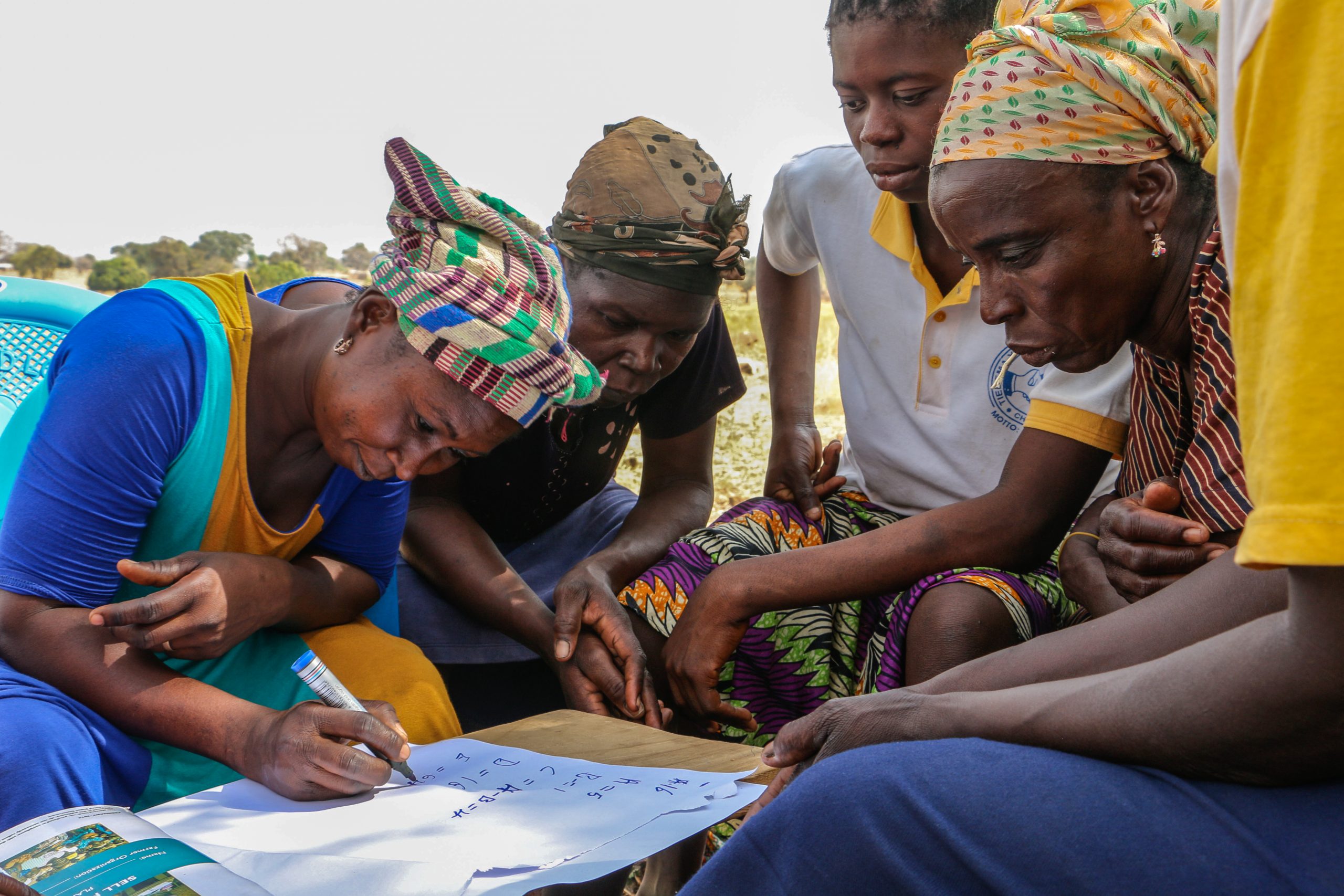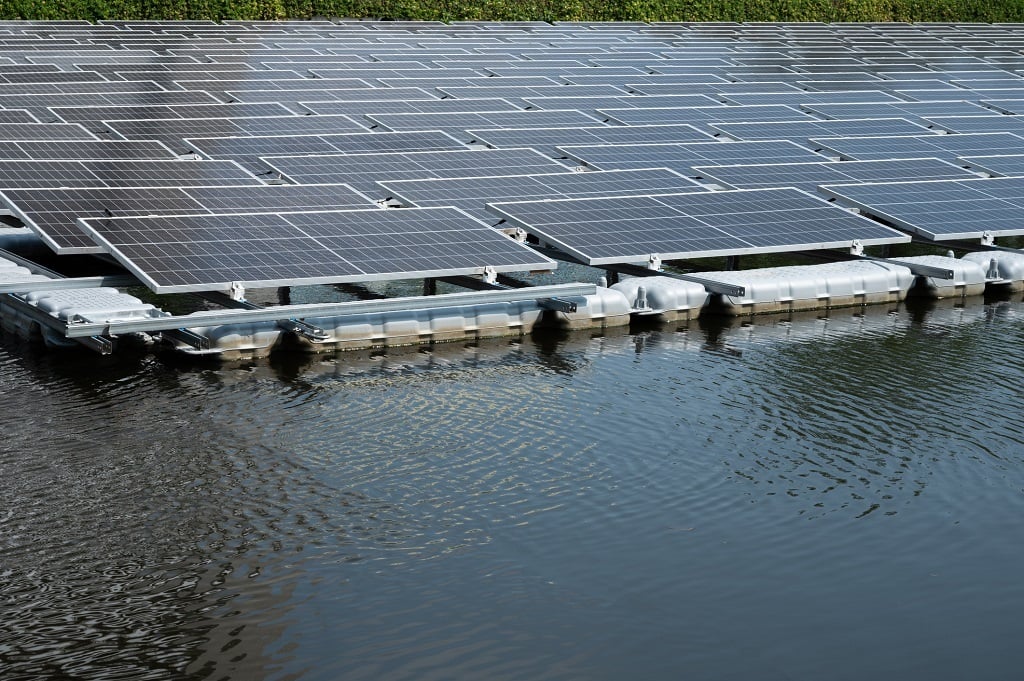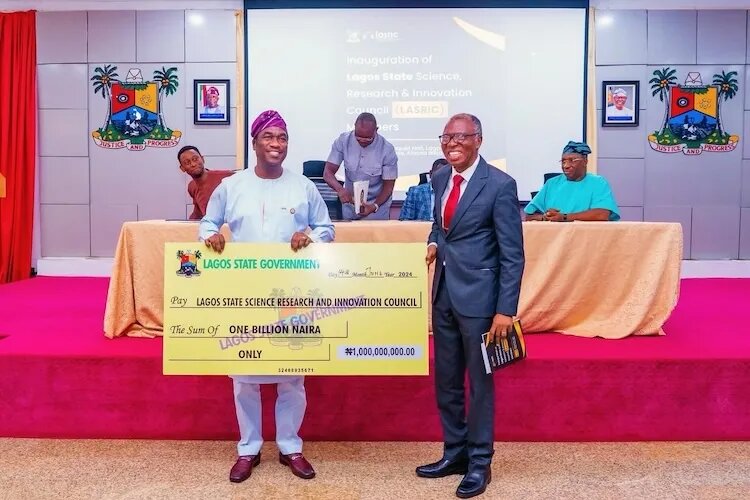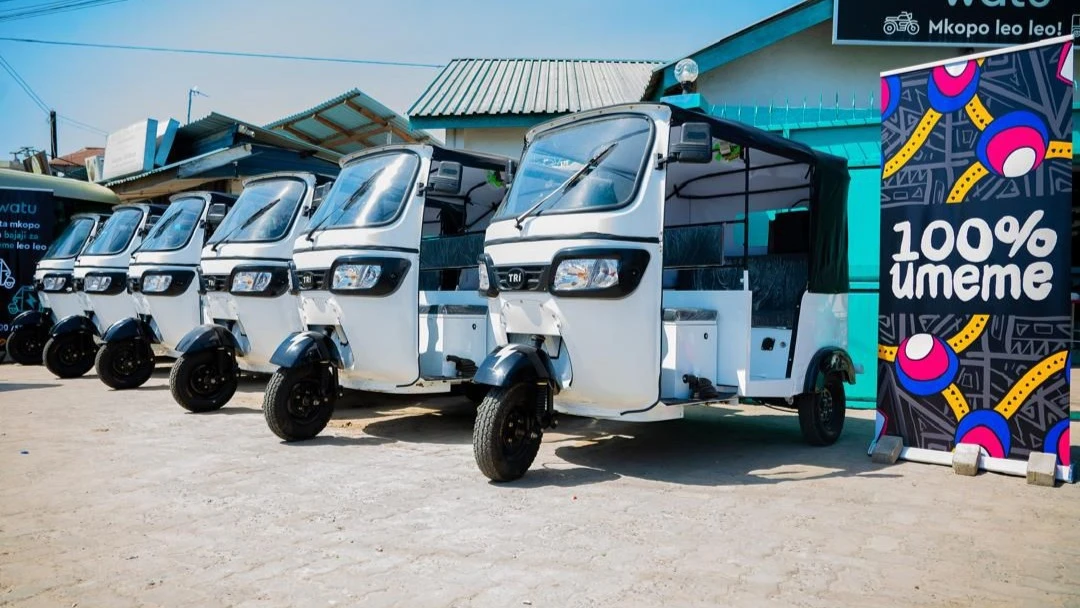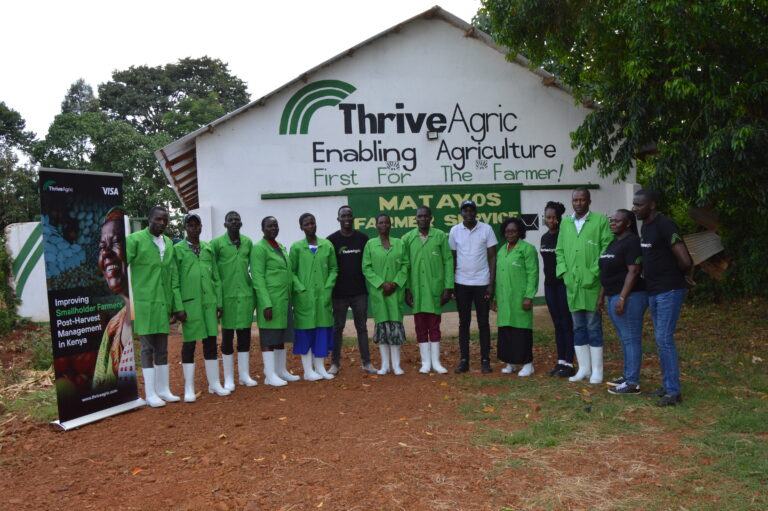The digital platform popular for its e-commerce and cloud services, Amazon, has started looking at claims made by artificial intelligence firm Perplexity AI.
The charges centre on allegations that Perplexity has been stealing material from well-known news sources without appropriate permission.
The controversy came to light after WIRED’s article pointed fingers at Perplexity earlier this month. Relying on Amazon Web Services (AWS) servers, the firm reportedly breached terms of service by crawling websites that were forbidden from such actions.
Read also: Amazon to invest $230m in AWS credits to AI startups
Established by a group of machine learning specialists, perplexity artificial intelligence (AI) has positioned itself as a fresh actor in the AI scene. Businesses looking for data-driven solutions find it appealing as its algorithms examine enormous volumes of data to get insightful analysis. However, further claims cloud the company’s standing.
WIRED’s research indicates that Perplexity’s web crawlers have been methodically copying material from news sites, even ones prohibiting such behaviour. Articles and blog entries to photographs and videos make up the scraped content. Critics contend that this compromises journalistic integrity and content development in addition to violating the terms of service of these websites.
Response of Perplexity
In response to the claims, Perplexity AI sent a statement attesting to no misconduct. The firm insists its offerings follow AWS policies and do not participate in illegal scraping. Their case revolves around the differences between “scrape” and “crawl.” While scraping goes beyond that by obtaining stuff without authorisation, crawling entails indexing publically accessible information.
The CEO of Perplexity, Dr. Emily Chen, stressed that their systems respect robots.txt files and website policies. She said, “We give data ethics much thought. We aim to improve knowledge and understanding, not to violate intellectual property rights.
Read also: Amazon to Invest $230 Million to Back 80 Startups in Early Stages
AWS’s Part
A significant participant in the cloud computing sector, AWS, is vital in this debate. The dependence of complexity on AWS servers raises issues about the accountability of cloud service providers. Although AWS offers policies and best practices, enforcing compliance among every user takes time and effort. Critics contend that AWS should be more aggressive in stopping illegal scraping.
The Perplexity instance brings more general problems in the IT and artificial intelligence sectors. Ethical issues assume first importance as artificial intelligence systems become more complex. It’s challenging to balance appropriate data use with creativity. Startups like Perplexity must gently negotiate this terrain to maintain credibility and trust.
Amazon’s research is in its way right now. The result may have far-reaching effects for AWS, Perplexity AI, and the larger artificial intelligence scene. Stakeholders are intently observing how technology firms handle content scraping and data ethics as the discussion progresses.


